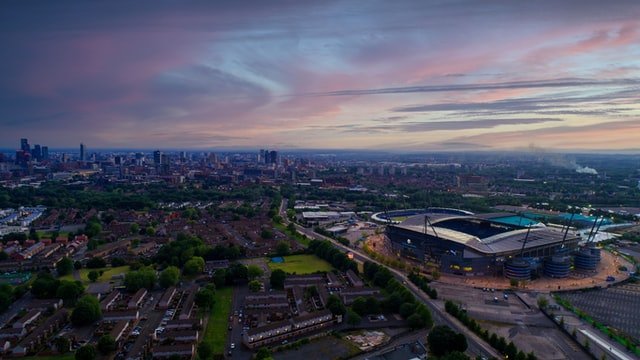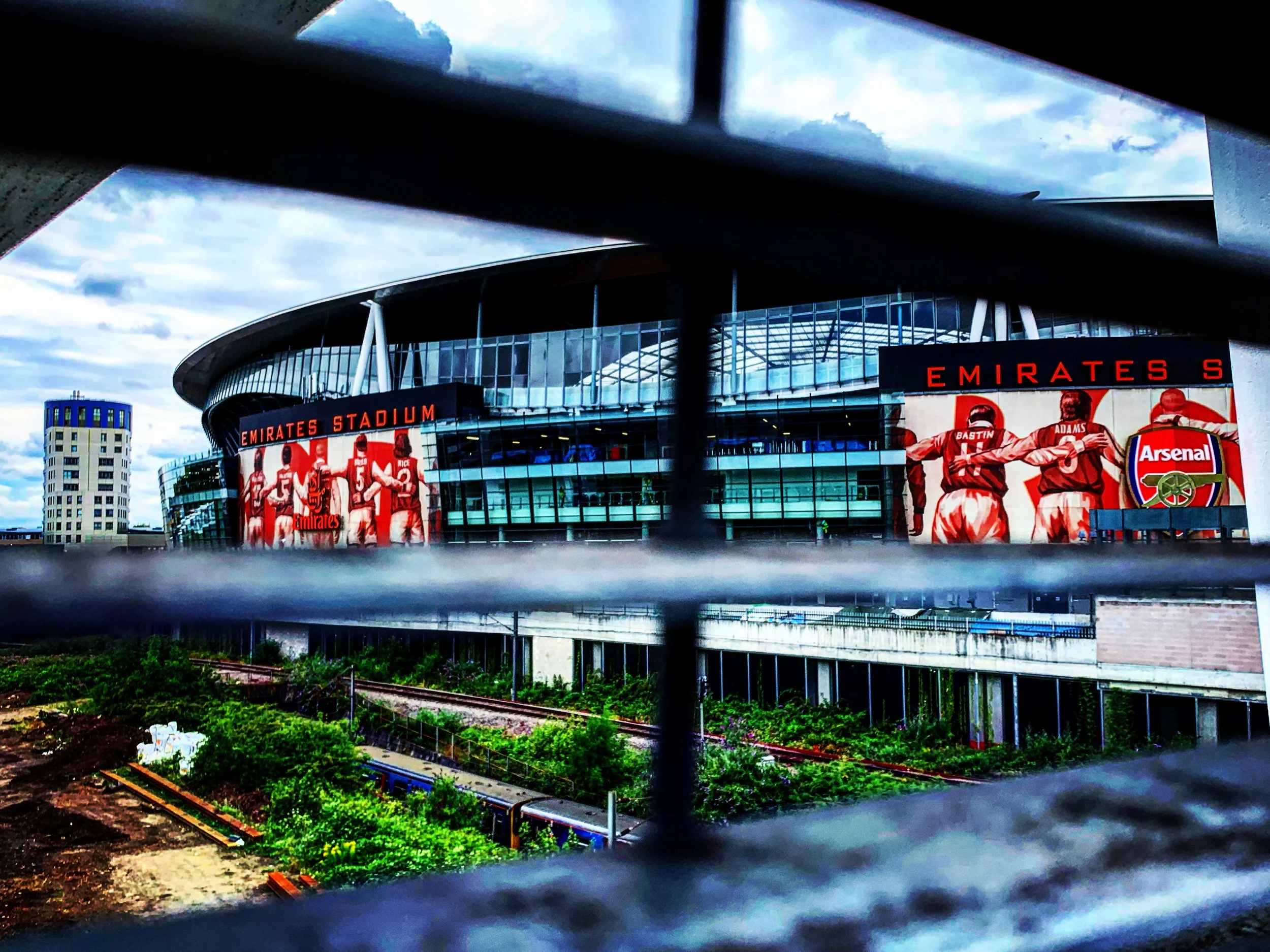Does Hatred Define 'True' Rivalry?
Photo by Mark mc neill on Unsplash
Rivalries in sport and in business are fueling mechanisms.
They spur us on to stay alert, work harder and innovate more deeply, to ensure we stay ahead of our competition. More often than not, that’s defined as one or two specific competitors. In that respect, competitive rivalries are a good thing - they keep us focused on the end goal and make us better. The greatest rivalries are the stuff of legend.
Think Arsenal versus Manchester United in the late 90’/early 2000’s or Real Madrid versus Barcelona in football terms. Or in the business world, Apple versus Microsoft or McDonalds versus Burger King or Coke versus Pepsi.
Those rivalries fueled each of those organizations and teams to be better but they also gave us - as consumers - a lot. We benefited strongly as a result. As I said, they’re fueling mechanisms that almost always improve things for the consumer/audience.
But what constitutes a ‘rivalry’ versus simply ‘competition’?
I mean, we compete with many organizations but we don’t always think about every single one of them constantly. Not all of them - no matter how strong - are top of mind as we contemplate success in our fields. Something sets a specific competitor apart.
I was thinking about this as I watched the Manchester City game against Liverpool this morning. City are in first place in the league with Liverpool one point behind them. Both teams are playing incredible football and are arguably among the two best teams in the world at the moment. The game was incredible, end to end stuff (ending in a 2-2 draw) and it was clear both teams were going for it.
But, as fun as it was, something about the game still struck me as, well, bland.
There was certainly a real competition going on, but I didn’t see a rivalry. The players competed with each other and gave it their very best (and their best was indeed very good) but they were also ‘good’ with each other, professional, if you will. At the end of the game, their managers (both among the best in the world at their jobs) hugged and laughed and chatted with each other for a few minutes.
You’d never have seen that between Arsene Wenger and Alex Ferguson (who managed Arsenal and Manchester United at the peak of their rivalry). On-pitch discussions between them were heated. At the end of the game, they’d barely shake hands and walk off - no after game drinks, no chit chat. Of course, they respected each other, but there was an intensity to that rivalry that was something else.
And this would translate to the players as well. Keane versus Vieira, the verbal back and forths, the Nistelrooy incidents, “pizzagate” - ask any fan of either club about this, they’ll tell you it wasn’t all civil discourse. And you know what, we liked it that way - it brought the fans and the team closer together than ever. Us against them.
You see that same intensity of rivalry in the corporate world as well. The most intense ones may be veiled as civil, but it’s clear - they detest the other side, or at the very least, clearly don’t wish them the best. They obsess over the other ‘team’ and a loss against the other takes a while to get over. They’re taken very, very personally. I appreciate there’s a cost here, but those rivalries have given us some of the greatest innovations ever.
Which brings me back to my question: what makes for a true rivalry? One that pushes us to work our hardest and drive our people to innovate and perform?
To me, a key ingredient is passion - fueled by a mission, of course. After all, we have to be about achieving and moving towards something.
But that has to be accompanied, very closely, by a clearly defined ‘enemy’. A focal point for our efforts and our drive, some entity that we will never allow to get the better of us, an entity that we are dedicated to defeating.
If this sounds personal, it’s meant to. There has to be a personal stake. So that when they win, it hurts. So much that it keeps us up at night. So much that the only thing we can think of is to get up and push ourselves even harder to become better, using the memory of that loss to drive us to our next win.
Of course, I get that we need to be professional, that we have jobs to do, and the Liverpool and Manchester City players are all professionals who are doing their jobs (in stellar fashion). But I don’t see their rivalry as going down among the most intense in Premier League history.
For that, there needs to be something more.







